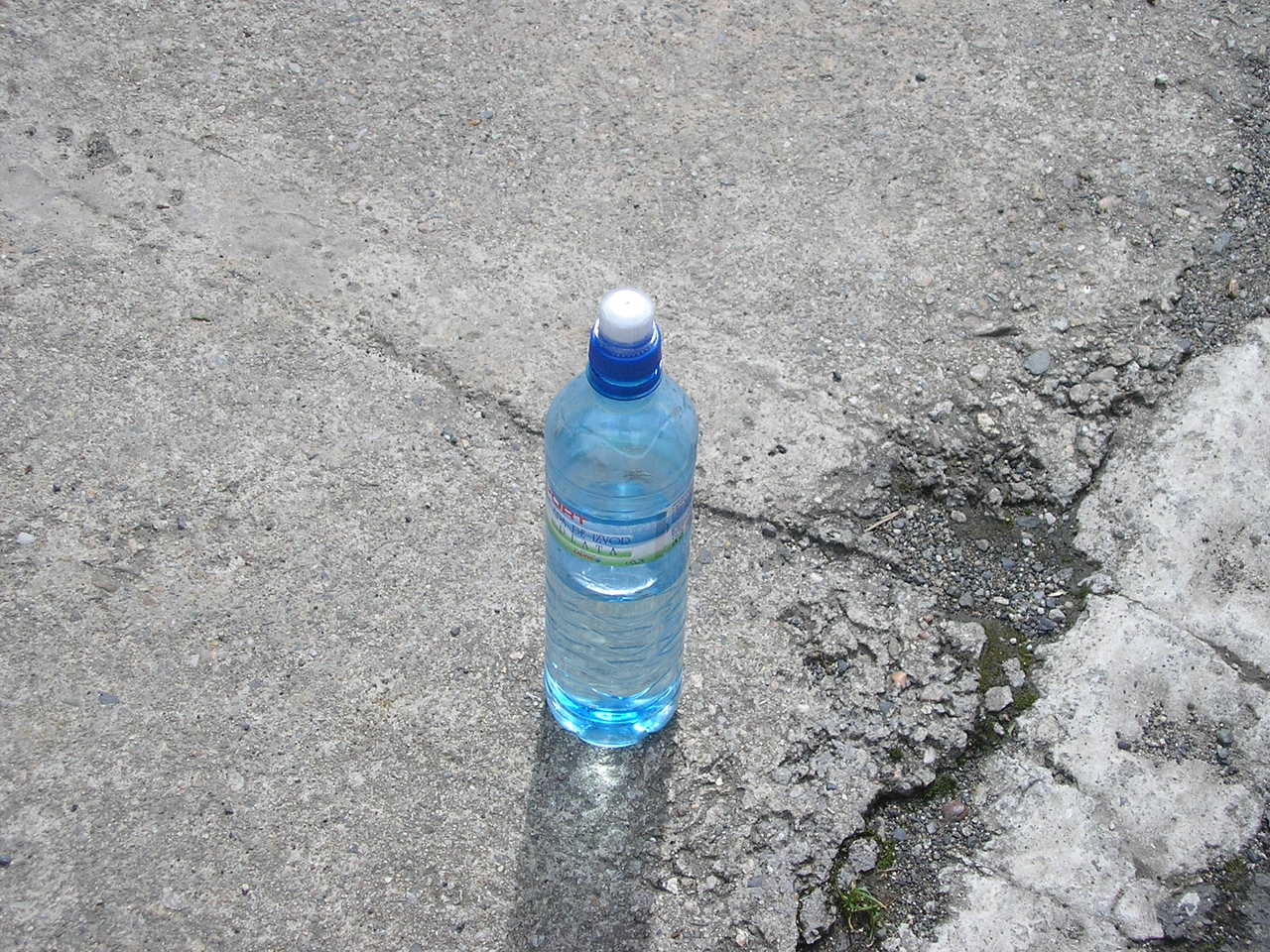
Sports Drinks…Is One Better?
Sports Drink Purpose
» Provide carbohydrate during exercise for energy and maintenance of blood sugar levels
» Provide electrolytes (sodium, potassium, chloride) to aid in hydration
» Provide fluid to prevent or minimize dehydration
When should sports drinks be used?
» Exercise lasting longer than one hour
» Exercise in extremely hot and humid conditions
» Post-exercise as a recovery fluid providing carbohydrate and replenishing fluid lost
» NOT to be used all day during school and work as fluid; include more water instead
Choosing the best option…
Your goal is to choose a sport drink that is 6-8% carbohydrate which is optimal for athletic performance/training and gastric emptying during training. Below 6% and above 8% carbohydrate do not provide beneficial levels of carbohydrate during exercise and can cause stomach cramping and/or a decrease in energy levels.
Comparing drinks…
Water, Propel, Fruit 2-0, Crystal Light, Sugar-free flavored drinks
Carbohydrate %: < 6%
Benefits/Problems:
• Provides fluid
• Does not provide adequate levels of carbohydrate to supply the body with energy
• Does not provide significant levels of electrolytes
Gatorade
Carbohydrate: 6%
Benefits/Problems:
• Provides fluid
• Provides adequate carbohydrate for energy
• Provides adequate electrolytes
PowerAde
Carbohydrate: 8%
Benefits/Problems:
• Provides fluid
• Provides adequate carbohydrate, but could cause gastrointestinal stress for some
• Provides adequate electrolytes
Juice, Kool-Aid, Soda, Non-carbonated sweet drinks
Carbohydrate: > 8%
Benefits/Problems:
• Provides fluid
• Provides too much carbohydrate which can cause gastrointestinal stress, delayed gastric emptying, stomach cramping & decreased performance
 Amy Goodson, MS, RD, CSSD, LD is a registered dietitian for Ben Hogan Sports Medicine and serves as the sports dietitian for the Dallas Cowboys, Texas Rangers, FC Soccer Dallas, Jim McClean Golf School, Texas Christian University Athletics, and University of Texas at Arlington Athletics. In addition, she is an adjunct professor and dietetic intern preceptor for Texas Woman’s University, Texas Christian University and the University of Texas at Arlington and is a state media representative for the Texas Academy of Nutrition and Dietetics. . She received her Bachelor of Science degree in speech communications from Texas Christian University and Masters in Exercise and Sports Nutrition from Texas Woman’s University.
Amy Goodson, MS, RD, CSSD, LD is a registered dietitian for Ben Hogan Sports Medicine and serves as the sports dietitian for the Dallas Cowboys, Texas Rangers, FC Soccer Dallas, Jim McClean Golf School, Texas Christian University Athletics, and University of Texas at Arlington Athletics. In addition, she is an adjunct professor and dietetic intern preceptor for Texas Woman’s University, Texas Christian University and the University of Texas at Arlington and is a state media representative for the Texas Academy of Nutrition and Dietetics. . She received her Bachelor of Science degree in speech communications from Texas Christian University and Masters in Exercise and Sports Nutrition from Texas Woman’s University.



